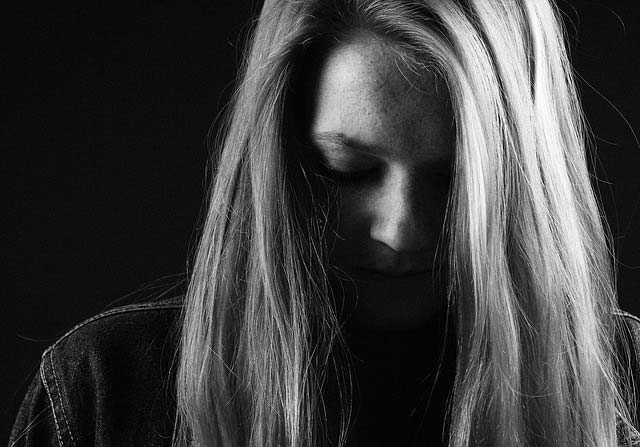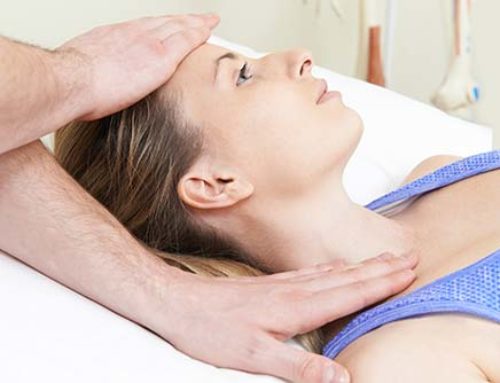By Victoria Matthews, PACFA Registered Counsellor
With the benefit of hindsight, the journey through adolescence looks like a never ending summer. Freedom from adult bills and responsibilities, three months of holidays a year… what could any teenager possibly have to be unhappy about?
Take a closer look at your memories though, and you might remember that going through adolescence could actually be pretty difficult. The emotional hormonal rollercoaster is hard enough to manage, but combined with the pressures of exams, anxiety over popularity, stress over academic results and these days, a need for a social media profile filled with likes, it’s no wonder the depression rates for adolescents are so high. It’s a terrible truth that in Australia suicide from untreated depression is the highest cause of death for young adults from 15-24, accounting for 26% of deaths in this age group. You might be surprised to know that the average age of onset for depression is 14.
Many parents wonder if their teen is normal. Are all teens moody, hanging around all day in their room, spending all their time on social media? Definitely not. Many do hit rough patches though, and withdrawal is often their instinctive step toward self-care. But what’s the difference between a teenager who has struck a temporarily difficult patch that they might soon emerge from and one who is genuinely struggling and in need of professional help?

Seeing three or more of the following behavioural changes from your teen suggests that they will benefit from talking to a counsellor who specialises in working with adolescents.
- Your teen withdraws from social activities they previously loved. An avid surfer chooses to stay out of the ocean, a talented horse rider loses interest in her beloved pony or a soccer player drops out of the team.
- Your teen begins to talk negatively about themselves. Dreams they previously shared will now be shut down, ambitions are suddenly out of reach because they’re unobtainable. Negative self-talk might persist to the point that you hear such statements as, ‘I’m terrible at that,’ or, ‘the world doesn’t need another someone like me.’
- Your teen experiences unexplainable physical symptoms of illness. Nausea, back pain, random aches and pains…and these might lead to more frequent time off school, or visiting the school nurse.
- Your teen might be more secretive than usual, hiding internet searches, being vague about plans and hiding physical changes or scars by covering up in unusual ways. Wearing long sleeved shirts on warm days might be one method they’d use for this.
- Your teen might experience extreme weight changes – either weight gain or a sudden loss, or you may see a lack of appetite or interest in food, correlated with low energy, and difficulty concentrating.
- Your teen adopts an unusually negative frame of looking at the world, and may develop a new habit of angry outbursts seemingly unrelated to the conversation or out of proportion to the event.
- Your teen loses interest in connecting with family and friends and is alone in their room during the majority of their free time. They demonstrate possible addictive and numbing behaviours, such as spending too much time zoned out on the internet, ‘zombied’ in front of the television or mindlessly playing games.
- There may be a sudden drop in grades, and you’ve discovered unexplained absences from school. There is a strong possibility or even evidence that your teen is indulging in high risk behaviours such as drinking, smoking, drugs, unprotected sex, inappropriate sexting and photo sharing.
The good news is that 70% of teens experiencing this kind of symptomatic behaviour will improve with quality counselling. The best person for your teen to talk to is someone they can trust implicitly to have their back, and to be a confidential, trusted advocate for their wellbeing.
Many counsellors will work with teens, but few specialise in this field. It’s a true passion of mine, a natural outgrowth of my work with couples and families. I will count it both an honour and a privilege to support your teen in helping them work out an action plan to find their way back to wellness.
A sensible action plan to bring your teen back to solid physical and emotional health will take a holistic approach that incorporates counselling, exercise, good nutrition and a mindfulness practice. Together we will collaboratively develop an ongoing protective-behaviour life plan to guard against relapses.




Leave A Comment